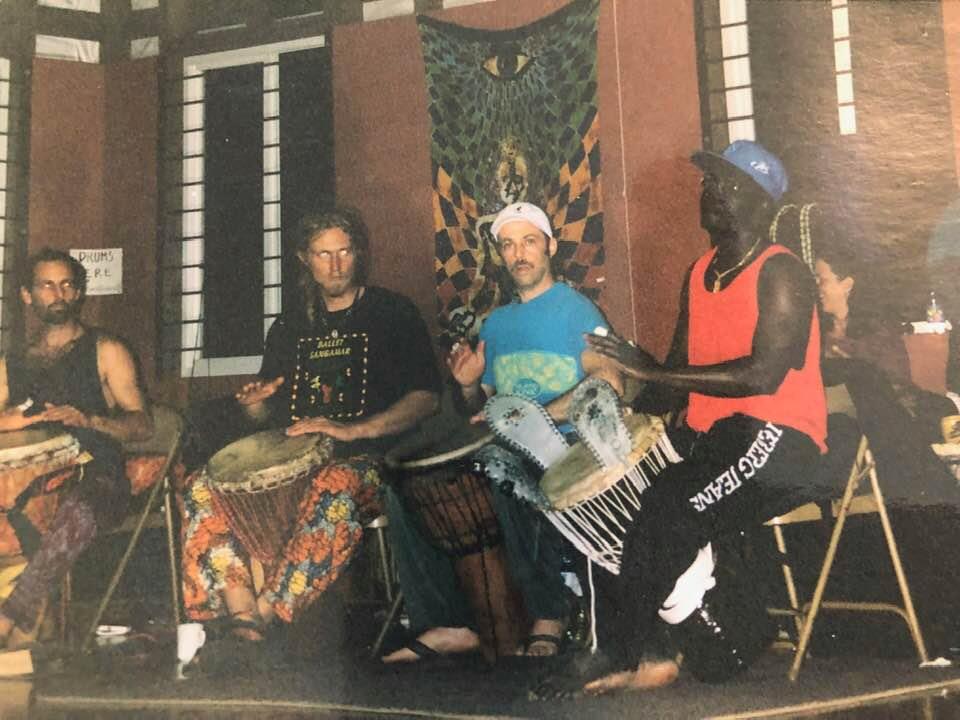Understanding Ability: Beyond Talent
What is ability? Many people often conflate ability with talent. They might look at someone else’s artistic expressions or musical prowess and feel inadequate or believe they lack ability themselves. This misconception can be disheartening. However, true ability is not merely an innate gift; it is shaped and honed through dedication, hard work, and persistent practice.
Ability grows from the fundamental principle that the time and effort invested directly correlate to the growth and skills developed. When you witness a master drummer effortlessly playing intricate rhythms at breathtaking speeds, it’s easy to assume they were born with those capabilities. While natural talent can play a role, the reality is that everyone—regardless of their starting point—has had to invest countless hours into their craft to reach such heights.
The Path of Development
It’s crucial to realize that it’s not about comparing oneself to others in terms of talent or perceived skill levels. Every individual has a unique voice and perspective, and this distinctiveness must be embraced and nurtured over time. This journey of personal development is why we engage in study and practice.
If you find yourself struggling to achieve a particular sound or technique, instead of succumbing to self-doubt, consider dedicating more time to that skill. Whether through additional practice or by seeking guidance from a more experienced mentor or teacher, persistence is key.
The Role of Teaching
Teaching itself is an art form. A great player might not necessarily be a great teacher. Effective instruction depends on understanding the specific lessons and growth the student requires. I recall one teacher whose class remained unchanged for years; despite his exceptional patience, none of his students made significant progress. The crux of the issue was that he didn’t push them hard enough; they needed that tough love and discipline to truly flourish.
In contrast, another teacher adopted a stricter approach, insisting that his students practice consistently. The consequences of neglecting their practice were clear: he would drop students who didn’t put in the effort. His demanding style might not suit everyone, but those who embraced his challenge often excelled, as they were motivated to practice diligently.
The truth is, if you are committed to practicing, learning, and striving for improvement, you will see results. If you only engage in a class once a week without pushing your boundaries, you may find yourself frustrated and questioning your abilities.

Embracing Individual Journeys
Every learning journey is personal. I once had a student who would run out of the house if I used the wrong tone or approach during our lessons. I understood her frustration; I had also faced struggles as a beginner. I was particularly slow to grasp concepts, but my stubborn determination to persevere ultimately shaped my learning style.
Over time, I developed unique and effective ways to teach others, often reaching out to those who had been discouraged or had lost faith in their abilities. I’ve encountered every excuse for not practicing or for why someone might feel they don’t need to study or grow. For anyone who drums for fun, that’s perfectly valid, but the intention behind these discussions is about developing and understanding ability.
The Beauty of Learning West African Drumming
One of the most enriching aspects of learning West African drumming—and traditional hand drumming in general—is the journey through challenges and frustrations. It serves as a reminder that mastery is an ongoing process, not a destination. Just when you believe you have a rhythm down, it may seem to slip away from your grasp. Breakthroughs often lead to new obstacles, and this cycle of challenge and achievement is what makes the art form so deeply rewarding.
When you inevitably hit a wall with a rhythm, grant yourself patience. Allow the process to unfold rather than obsessing over immediate mastery. Often, once you step back, the pieces will fall into place in ways you wouldn’t expect. There are rhythms that have baffled me for years, prompting moments of ego-driven frustration as I asked myself, “Why can’t I seem to get this right?”
But with challenges come humility. It is essential to embrace the fact that it’s okay not to know everything. Accepting challenges is what drives growth, pushing us toward new insights and levels of understanding. So, whether you are a seasoned drummer or just starting your journey, remember that every obstacle is an opportunity for learning, and every moment of struggle contributes to your overall ability. Embrace the beauty of the process, and let your journey unfold.

